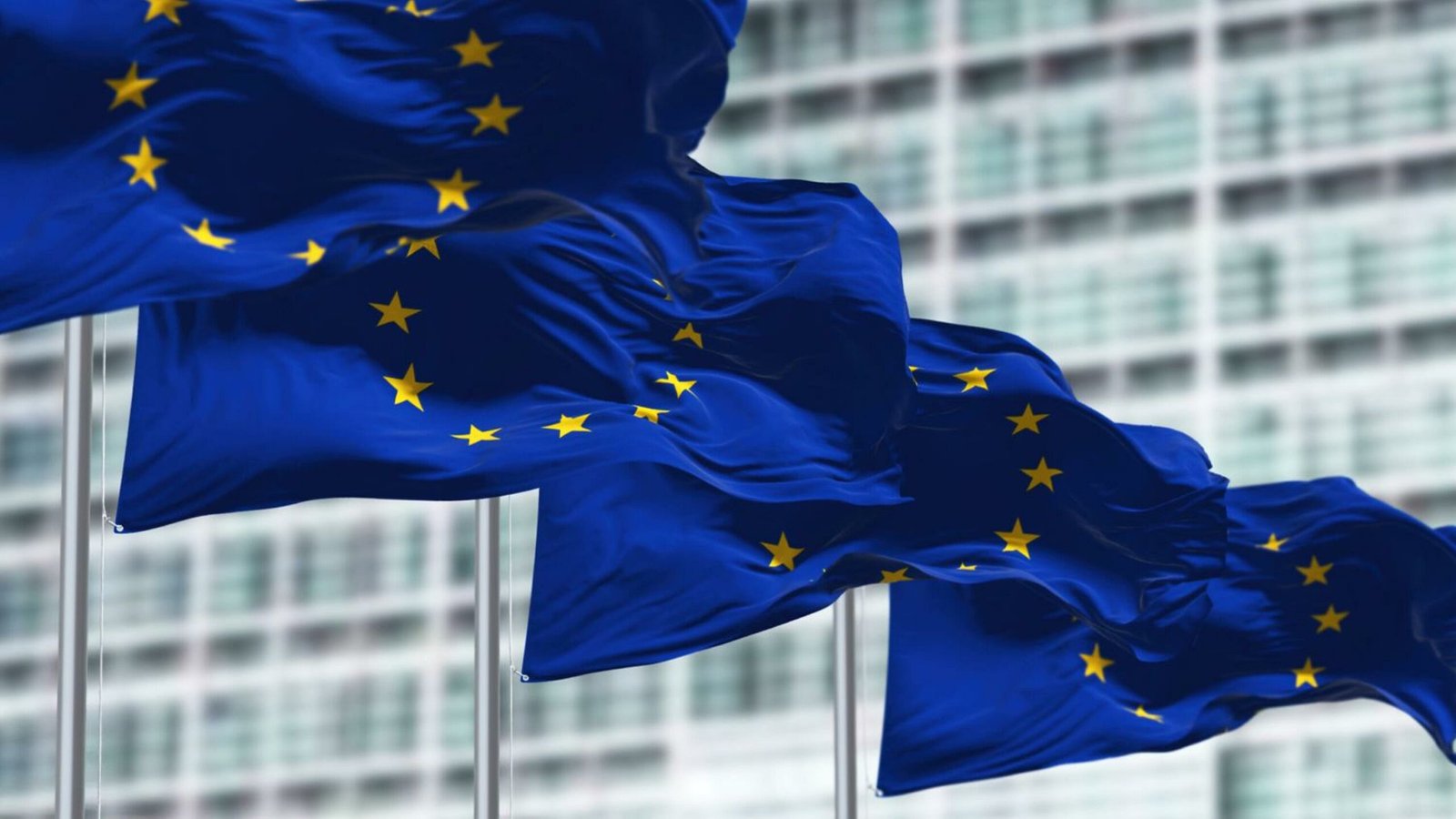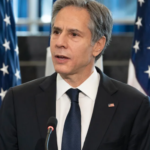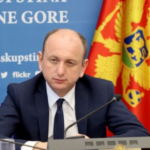Immediately after the European Parliament, on July 18, has confirmed Ursula von der Leyen as the president of the European Commission for a new five-year term, the calculations have begun as to who will have the main positions in the new college of commissioners, such as the European Commission is known.
According to the basic treaties of the EU, the European Commission must have as many members as there are EU member states, which means that each member state has one commissioner.
When appointed to the positions of commissioners, they must serve the EU and not the country they come from. But, nevertheless, member countries aim and lobby strongly for their commissioners to have the most important positions.
The main posts in the European Commission are usually considered to be those related to finance, agriculture, funds, trade and energy.
Although in the EU there are no positions of commissioners that are unimportant, the influence of those dealing with sectors such as culture, education, health and some other areas, is smaller.
This is not because these areas are not important, but more because they are mainly the competences of the member states and the European Commission has less influence on them.
This time there is a lot of interest from the member countries for their candidate to take the position of EU Enlargement Commissioner.
The situation was not like that five years ago. Since 2004, when the great enlargement of the European Union with ten new members took place, the position of Commissioner for Enlargement has not been considered important.
At that time, it was understood that only the countries of the Western Balkan region remain in the enlargement process and they are far from membership, so the enlargement commissioner would not be able to have any significant success in his mandate.
From 2007, when Romania and Bulgaria joined the EU, as two countries that were part of the great wave of expansion, only Croatia managed to become a member of this bloc in 2013.
In order to give a little more importance to this post, the Enlargement Commissioner has also taken over the policy towards the EU’s neighbors.
However, this did not have any great value, since the high representative for Foreign Policy and Security, who automatically is also the vice president of the European Commission, was taken with those countries.
In 2019, there was no great interest from the EU member states for their candidate to take the position of Commissioner for Enlargement and it was given to Hungary.
This was not seen as a good message by the supporters of the enlargement, since Hungary, even then, had problems in relations with the EU, due to suspicions that this country violated the principles of the rule of law.
Now, when the current mandate of the Commissioner for Enlargement and Neighborhood, Oliver Varhelyi, is coming to an end, many diplomats estimate that, as much as he has acted correctly, he has often followed the political line of the Hungarian Prime Minister, Viktor Orban.
This, according to some diplomats of the EU and the European Parliament, has been expressed especially in relations with Serbia, REL reports.
Ten countries are now in the process of expansion. In addition to the six countries of the Western Balkans – Kosovo, North Macedonia, Montenegro, Albania, Serbia and Bosnia and Herzegovina – Ukraine, Moldova and Georgia are also in the process. Turkey – although few believe that it can ever be a member of the EU – is still formally a country with candidate status.







